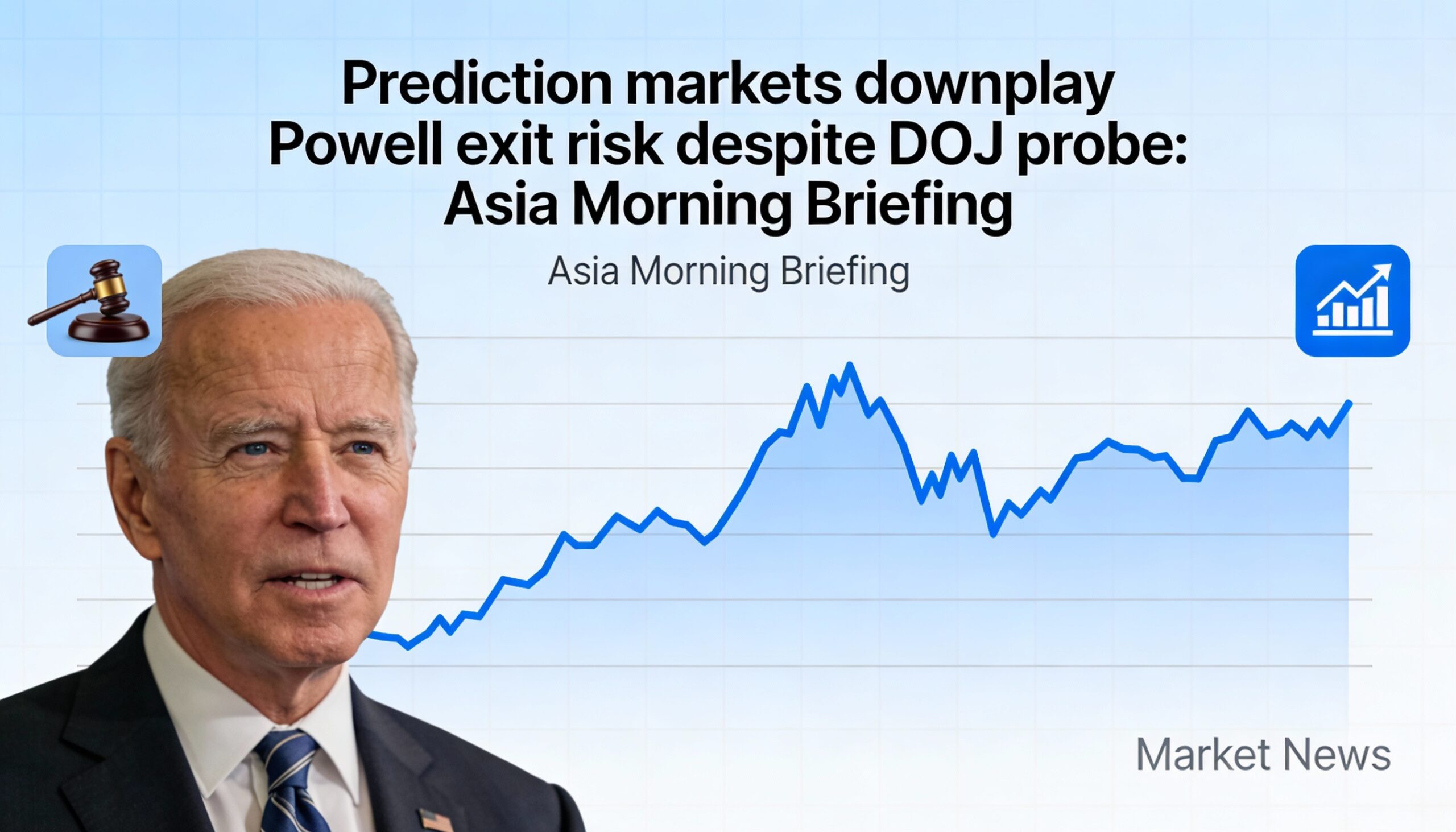AI and Privacy: Is Our Data Safe?
Artificial Intelligence (AI) is everywhere today—from personalized playlists and shopping suggestions to digital assistants that answer our questions. While these tools make life easier, they also spark an important question: Is our personal data really safe?
How AI Uses Our Data
AI thrives on data. It processes enormous amounts of information—like browsing history, purchase patterns, health details, and even voice recordings—to predict what we might want or need.
This data-driven approach creates highly personalized experiences. But it also means our personal information is constantly being collected, stored, and analyzed, sometimes in ways we don’t fully understand.
The Privacy Concerns
AI’s reliance on data comes with significant risks, including:
- Hidden Data Practices
Many people don’t realize how much data they share or how it’s used. Privacy policies are often filled with legal jargon, making it difficult for users to understand what they’re agreeing to. - Cybersecurity Threats
Huge databases full of personal information are prime targets for hackers. A data breach in an AI system can leak sensitive personal details. - Bias and Inequality
If AI learns from biased data, it can produce unfair or discriminatory results. This can impact important areas like hiring decisions, financial services, and law enforcement. - Surveillance Concerns
AI-powered tools can monitor individuals in public and private spaces, raising fears about constant surveillance and loss of privacy.
Regulations and Responsible AI
Governments around the world are taking steps to protect personal data. Laws like the European Union’s General Data Protection Regulation (GDPR) and similar privacy laws in other regions aim to give individuals more control over how their data is used.
At the same time, many tech companies are working to build privacy protections directly into their AI systems—a concept known as “privacy by design.”
How You Can Safeguard Your Data
While laws and regulations are crucial, individuals also play a role in protecting their privacy. Here are a few practical steps:
- Read Privacy Policies to understand how your data is used.
- Control App Permissions and only allow access to what’s necessary.
- Use Strong, Unique Passwords and enable two-factor authentication.
- Regularly Review Privacy Settings on apps and social media accounts.
- Keep Learning about AI developments and their impact on privacy.
Moving Forward: Balancing Innovation and Privacy
AI holds immense potential to enhance our daily lives and drive progress. Yet, it’s essential to ensure that this progress doesn’t compromise our privacy. Striking a balance between technological advancement and protecting personal data is one of the biggest challenges of our time.
As individuals, businesses, and governments continue working together to create ethical and secure AI systems, one vital question remains:
Is our data truly safe?
Ultimately, the answer depends on our shared commitment to privacy, transparency, and building technology that respects people’s rights.

































